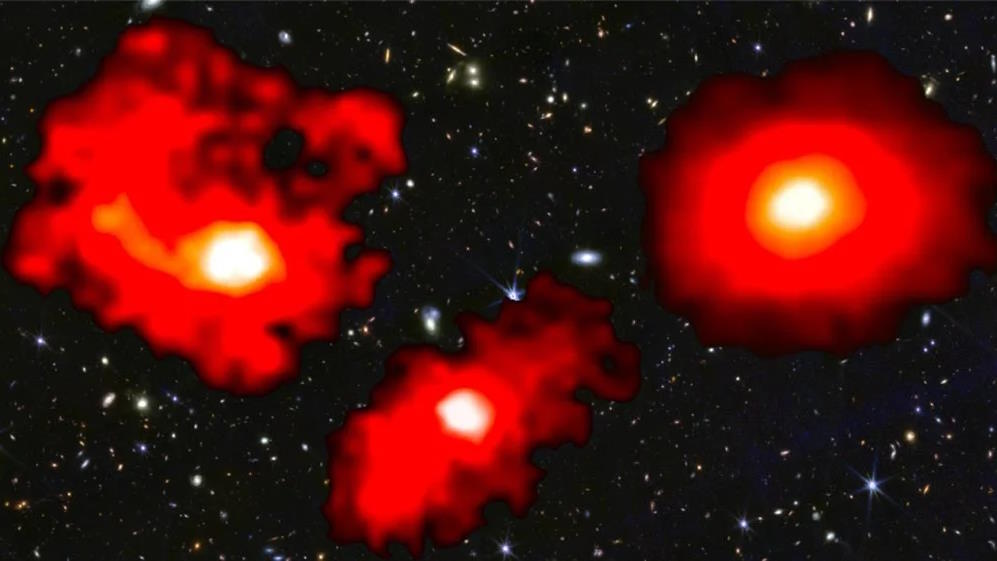Dr. Shelley des Etages explains why there’s a “re” in “research.”
Topic: The Challenges of Drug Development
Shelley des Etages: When you are in a situation where things aren't working, I remember, there are times when you look at some data and you're just like, "I'm not sure what this means. It doesn't make any sense. Did my experiment work?" If your controls worked, then you have to accept the fact that the hypothesis you were testing was just wrong or you don't have, with the approach with you used, with the platform that you used, you just don't have the capability to answer the question that you want to ask. Those can be difficult times. Those can be trying times. I remember, it's called research, you re-search it. You go back and do it again. You go back and try a different approach. You go back and you turn it around and you take it apart and figure out what went down.
Question: Does the publc understand pharmaceutical research?
Shelley des Etages: I don't think a lot of the public understands research. I think research in general is not well understood. I think pharmaceutical research is also not well-understood. It's a creative process, and I think a lot of the public doesn't see science as creative. But science is very creative, because you keep saying, "What about this? What about this? What if we try this? What if we try that?" There's so many times when folks come together doing research, and it's brainstorming. And it's everyone coming up with ideas, and then you're looking at the ideas and asking the questions. Which ones make sense? Which ones don't? Which ones are doable? Which ones are not doable? Because you take all of their creative impulses in the scientific arena and you pull them together. And then you say, "Where are we with the technology today? What can we do?" And then are you going to go develop the technology if it doesn't exist? Or are you going to work within the scope of the technology that you have available? So I think it is an exciting process.
Recorded on: 06/25/2008





